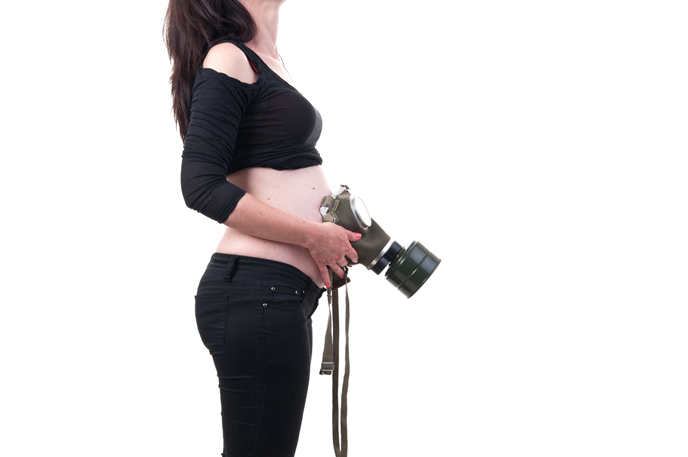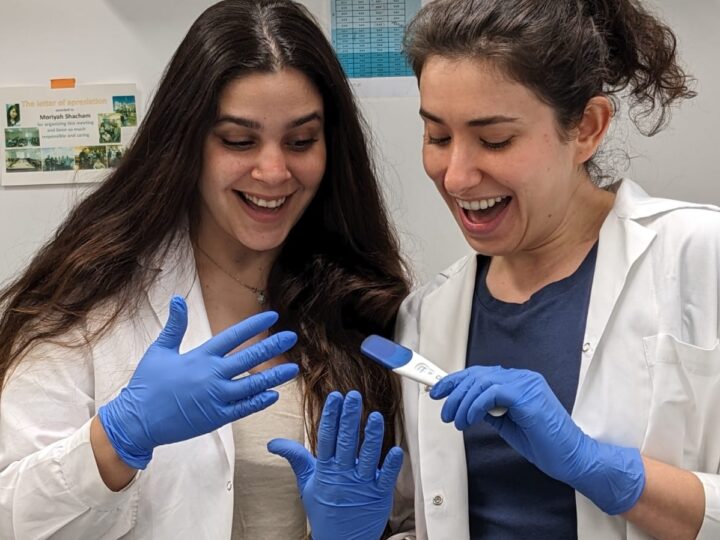
Health effects of air pollution are a major concern for urban populations the world over but a new Israeli study now shows that pregnant women should be even more worried.
A recent study by Tel Aviv University, the Weizmann Institute of Science and the Gertner Institute for Epidemiology and Health Policy Research scientists provides new evidence linking high exposure to air pollution to an increased risk of congenital malformations.
The nationwide study is the first to assess the association between different modes of conception — assisted reproductive technology (ART) versus spontaneous conception (SC) — and the risks of exposure to air pollution to each.
“Our results suggest that exposure to higher levels of air pollution during pregnancy is associated with various adverse pregnancy outcomes,” said Prof. Liat Lerner-Geva of TAU’s Sackler Faculty of Medicine and School of Public Health and the Gertner Institute for Epidemiology and Health Policy Research. “While our study mainly followed SC infants, we also had the opportunity to assess a small sample of pregnancies that were conceived through ART, and observed a higher impact of air pollution — particularly with regard to ozone exposure. This is clearly a uniquely susceptible population that should be further explored.”
The study was funded by the Environmental Health Fund (EHF).
Researchers found that exposure to particulate matter (PM10) and nitrogen oxides (NOx) pollutants throughout full-term pregnancies were associated with an increased risk of congenital malformations, with specific defects evident in the circulatory system (from PM10 and NOX exposure) and genital organs (from NOX exposure).
“Considering the worldwide decline in fertility, and the increasing number of children born through ART treatments, our findings about their increased risk of congenital malformations are very relevant,” said Prof. Lerner-Geva. “It is essential we continue to evaluate this unique population.”
According to Prof. Lerner-Geva, a national ART registry has been established in Israel to provide important data on all ART cycles. This database will serve as a basis for a future larger study to identify susceptible subpopulations at higher risk of adverse pregnancy outcomes.
The research was recently published in Environmental Research.
















